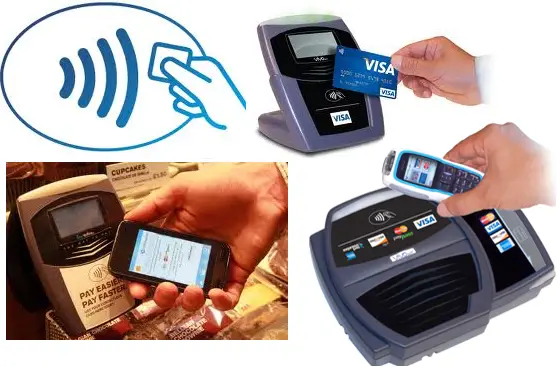The Regulation of the Payment System approved by the board of directors of the Central Bank of Costa Rica (BCCR), 3 years ago, established that as of December 31st, 2018 100% of debit and credit cards in circulation had to incorporate “chip” technologies and “contactless payment”.
However, according to data compiled by the Central Bank last November, the goal would not be breached, although the progress is significant: out of a total of 8,791,418 payment cards (debit and credit) in circulation in the country, 6,308,230 already have both technologies; that is, 72% of the total.
The banks with the most clients in the country (Nacional, BCR, Popular, and BAC Credomatic) are the ones that have advanced the most towards the achievement of the goal. On the contrary, it is the smaller entities that have not managed to add both mechanisms to the traditional magnetic band.
Despite this drawback, the level of progress achieved by Costa Rica in the development of a “contactless payment” environment places the country in first place for all Latin America in issuing these cards, above nations such as Chile or Brazil, which also have important advances in this area.
“This remarkable advance has not only been achieved with respect to the number of payment cards in circulation with this technology, but also in the number of transactions carried out in stores, where already 30% of transactions are made with “contactless”, with the consequent benefits for customers and commercial establishments, in terms of efficiency and security”, said Carlos Melegatti, director of the Payment Systems Division of the Central Bank.
With regard to point of sale (POS) terminals, the Payment System Regulation established January 1st, 2021, as the maximum date for 100% data phones to accept payment devices that have “chip” technology and no contact.

Melegatti pointed out that, in the case of POS, the Payment System Regulation establishes that by the same date these devices must have the client’s authentication capacity (either with an online PIN or a biometric mechanism), for transactions over US$ 30. The technology for this must be ready a year before.
IBAN at a good pace
The obligation to relate the IBAN standard to all fund accounts, credit cards, and credit operations that they manage from their clients is also progressing at a good pace. The deadline for compliance with this regulation was established no later than March 31st, 2019. The IBAN is a standard format that replaces the client accounts and allows Costa Ricans to make national and international transactions with the same number. This new format has 22 alphanumeric characters, 5 more than the current ones.
According to the Central Bank, important advances were observed in this matter, which makes it foresee that by the established date all its entities will have attended this requirement. The Regulation of the Payment System establishes the obligation to show all customers the data of the number of IBAN assigned to their financial products through the different available channels: account statements, websites, mobile banking, telephone consultation, a service platform, printed in payment cards, check forms, and other vouchers.
What is the IBAN?
The International Bank Account Number (IBAN) is a standardized structure that identifies fund accounts both nationally and internationally. This format was promulgated by the European Committee of Banking Standards and complies with ISO-13616. All the countries of the European Union are attached to this system. In addition, Central American and Caribbean central banks made the decision to implement the IBAN standard throughout the region.
Security
The gradual process of transition to the IBAN format is totally transparent for you as a client. At no time should banks request any type of information related to your accounts and passwords under any means. The IBAN project does not require requesting any kind of information or data to clients. At the close of 2018, entities were expected to have replaced their own accounts with the IBAN and the computer systems used by their clients are to have been updated.

